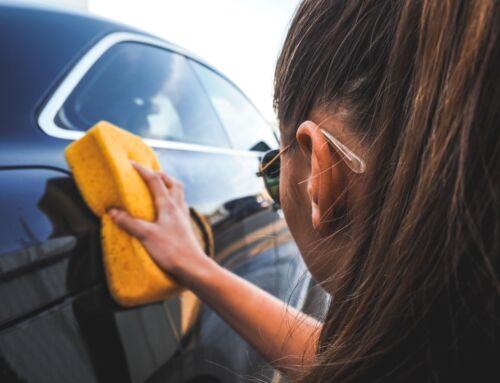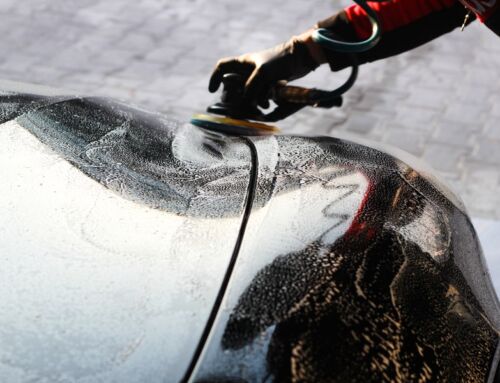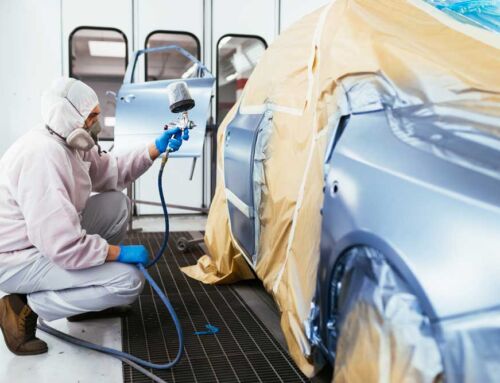We’ve talked before about some of the dangers that are out there, just waiting for the right time to show up and scratch, dent, or damage your car. Simply taking your car out for a spin can be hazardous to your car’s exterior. But did you know that your car can get damaged without even leaving the yard? That’s right. If you are one of the millions who leave your car parked outside in the driveway, rather than safe and sound inside a garage, you are just basically asking for Mother Nature to ruin that expensive paint job. What could go wrong, you ask?
Natural Dangers to Your Car’s Body
The Bird is the Word
It makes sense when you think about it: poop is bad. You don’t want it anywhere near you, right? Well, neither does your car. As you might expect, those bird droppings can wreak havoc on the exterior of your vehicle. Contrary to what most people think, though, it’s not due to acid. It has to do with the temperature of the paint lacquer–when the car is hot, the paint softens and expands. When the bird scores a bull’s eye, it causes a temperature imbalance, which means the paint cools at a different rate, causing it to blister and crack to mold to the shape of the affected area. If not taken care of quickly, this can lead to cracking, flaking, and unevenness in your paint coat.
It’s in the Trees!
You might not think about them as much as you would a more obvious problem, but trees are everywhere–and they are certainly not your car’s friend. Trees are full of all sorts of things that can hurt your car’s coating. Of course, big objects like acorns and nuts are obvious, but even small things can cause problems. Have you heard of honeydew? “Honeydew” is the term that is given for the sticky sap that you can get on your car when it’s parked under a tree. You might think that sap comes from the tree itself, but actually it is a secretion that comes from aphids and other small insects. This secretion is sticky and sugary, and can coat your car’s exterior, leading to discoloration, corrosion, and an excessive buildup of crud.
Tree danger can come in even smaller sizes, too. Take pollen, for example: for a few weeks out of each year, the local flora basically turns the entire air into a minefield, full of microscopic particles waiting to land on your car. Pollen can settle on your car, where its small size lets it grab onto the pores of your paint, giving its natural acidity level a chance to go to work on that shiny new coat.
So, if you haven’t been parking your car in the garage, you might want to rethink that policy. The outside is full of flora and fauna that can find and damage your car. If you don’t have a garage, at least buy a sensible car cover–they’re relatively cheap, and definitely worth their weight in gold.




